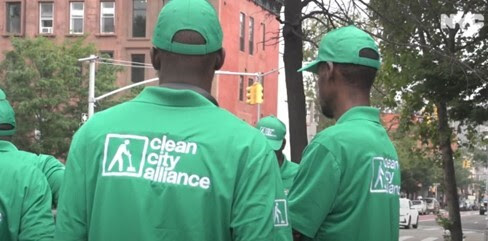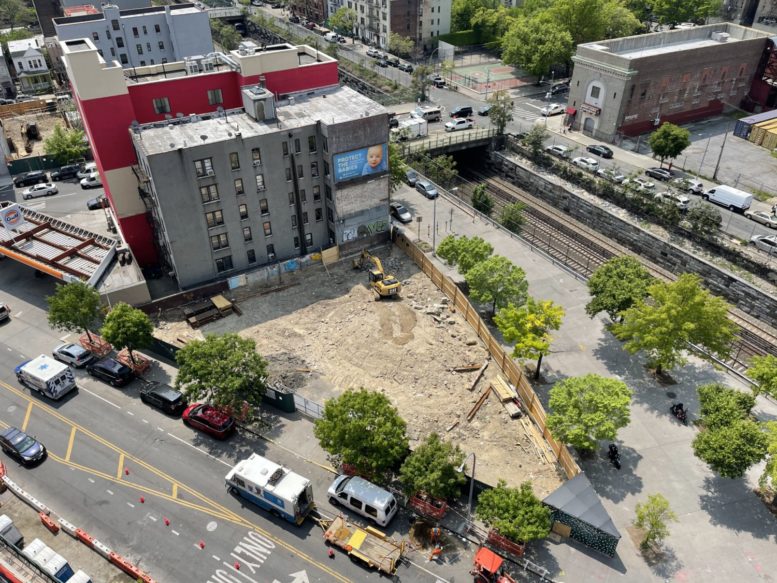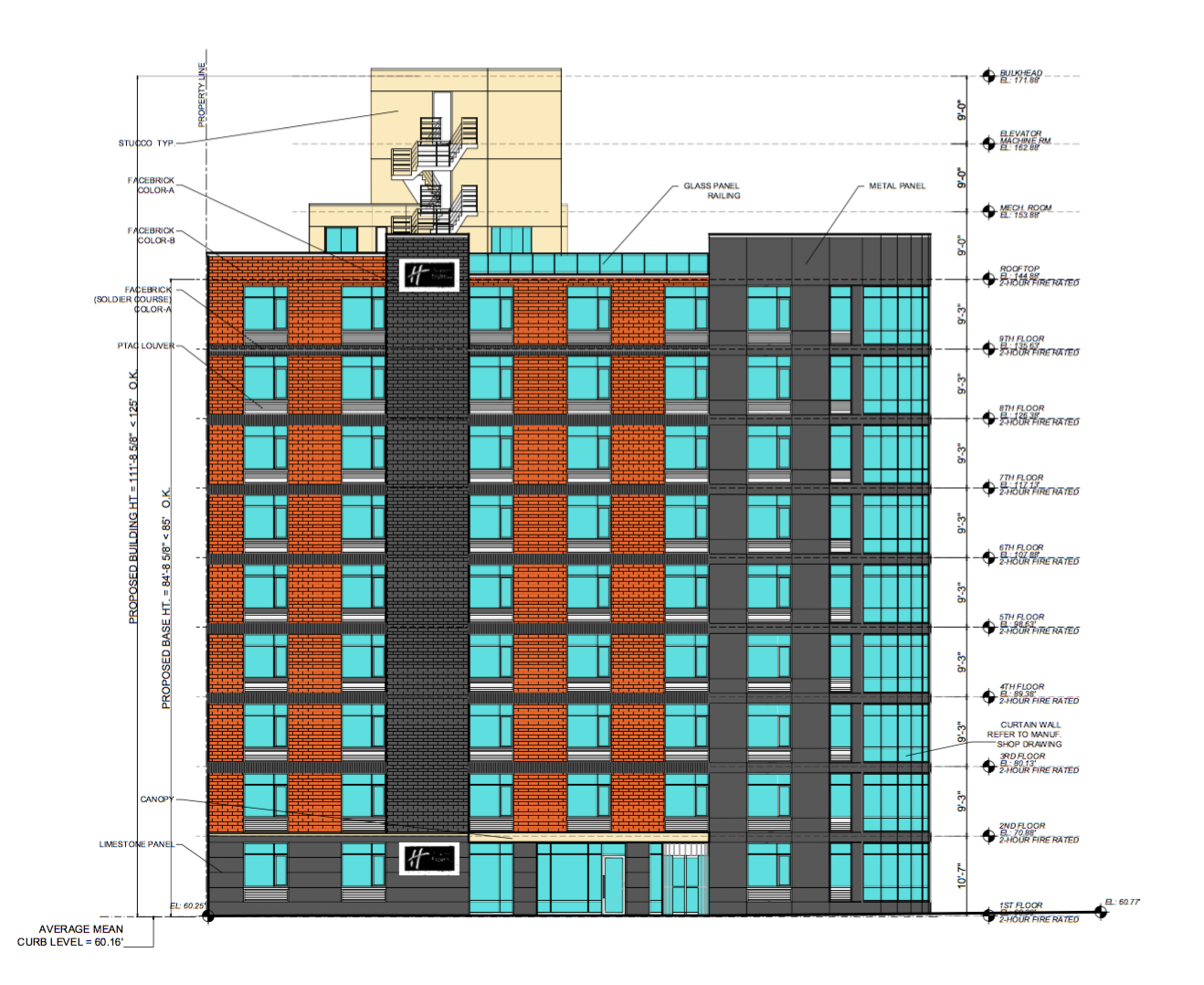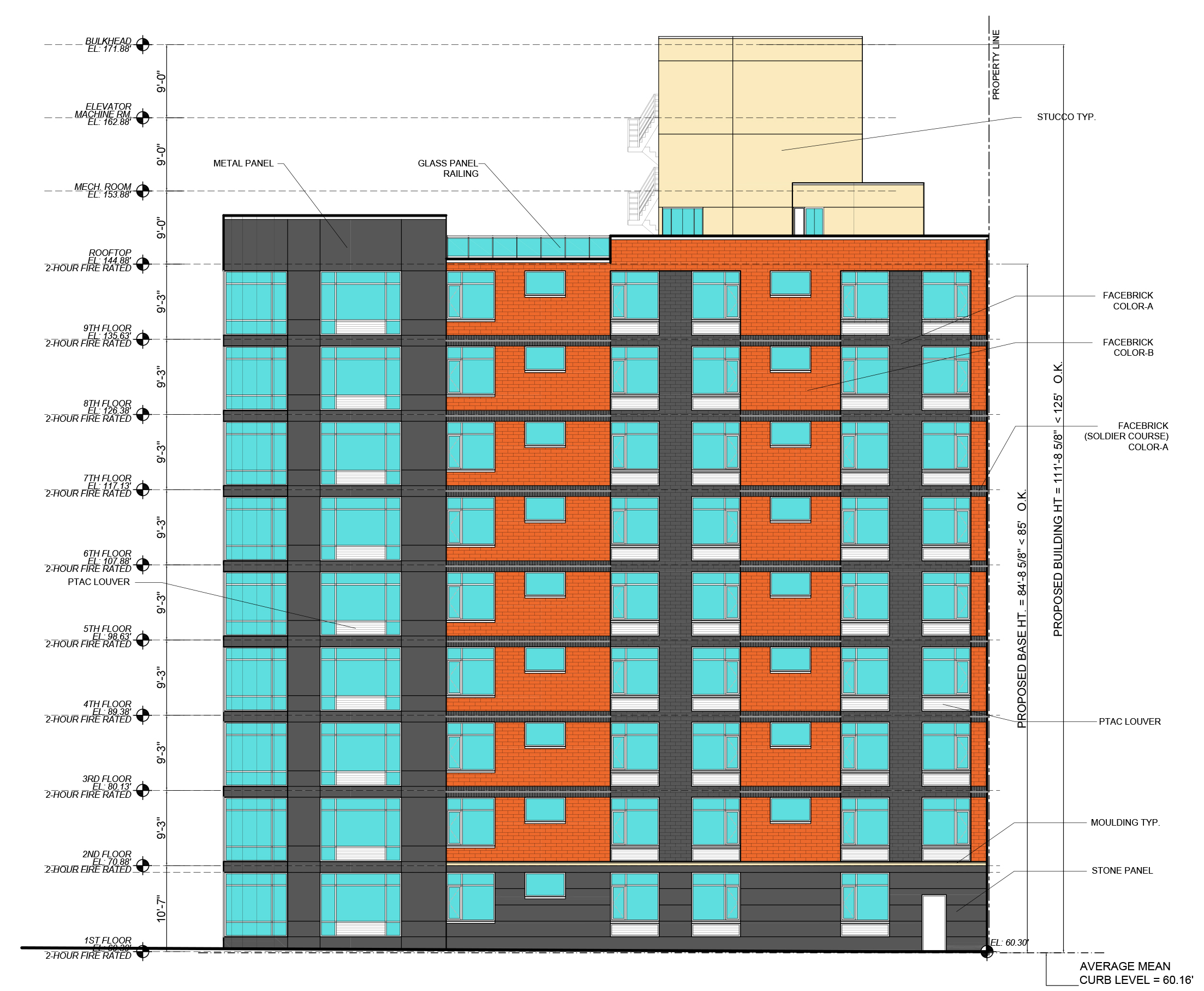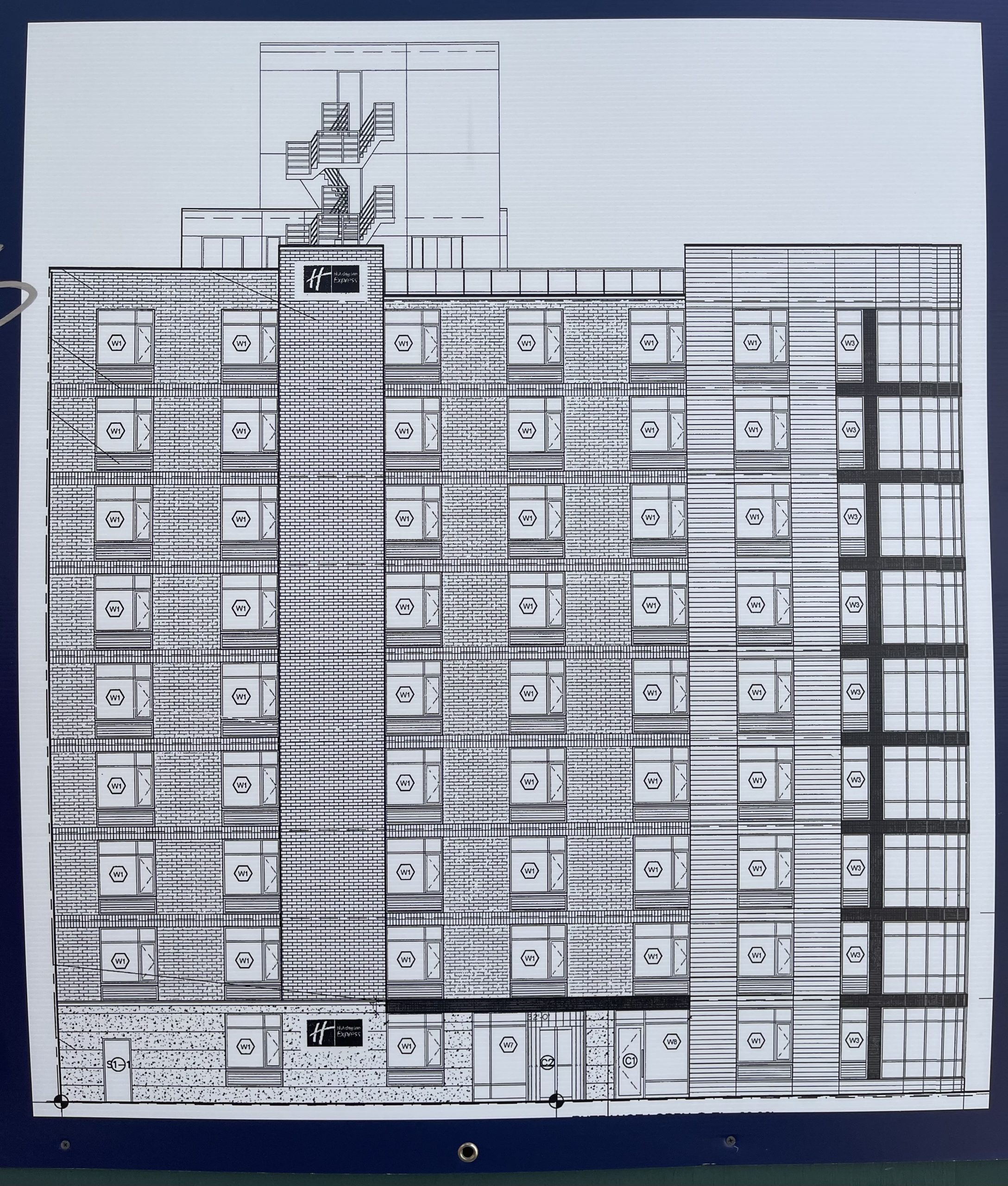
Air Quality Health Advisory Remains for the Adirondack, Upper and Lower Hudson Valley, New York City Metro, and Long Island Regions for Saturday, July 1
Hundreds of Thousands of N95-Style Masks Will Continue to be Available to the Public Statewide
Transit Authorities in Impacted Regions Will Keep Utilizing Public Address Systems, Bus Headway Signs, Social Media, and Other Electronic Signage to Deliver Air Quality Related Safety Information
Governor Kathy Hochul announced regional Air Quality Health Advisories will be issued for regions in the eastern half of New York State, which continues to be impacted by smoke from Canadian wildfires as well as ozone in some areas. After three days, the full statewide Air Quality Health Advisory will end as conditions improve in Western New York, Central New York and the Eastern Lake Ontario regions. The Departments ofEnvironmental Conservation and Health are issuing an Air Quality Health Advisory for tomorrow, Saturday, July 1, for the Adirondack, Upper and Lower Hudson Valley, New York City Metro, and Long Island regions for smoke-induced PM2.5 pollution, and for ozone in the Lower Hudson Valley region. Air quality is forecasted to reach 'Unhealthy for Sensitive Groups' Air Quality Index on Saturday for PM2.5 the effected regions. Air quality is also forecasted to reach 'Unhealthy for Sensitive Groups' Air Quality Index on Saturday for ozone in the Lower Hudson Valley region. At this level, members of sensitive groups may experience health effects. The general public is not likely to be affected. To learn more, see chart here.
"As we prepare to celebrate this holiday weekend, New Yorkers should continue to check the latest air quality in their region before heading outside," Governor Hochul said. "We remain committed to protecting public health and will continue to update New Yorkers to help everyone stay safe outdoors as conditions continue to change."
An Air Quality Health Advisory for particulate matter remains in effect all day Friday, with levels of air pollution that are 'Unhealthy' and 'Unhealthy for Sensitive Groups' in regions statewide. An ozone advisory was also issued for the New York City Metro region today.
State Agencies are closely monitoring air quality statewide for impacts from fine particulate pollution (PM2.5) due to smoke from Canadian wildfires, as well as ozone. State Agencies and Authorities continue to coordinate air quality monitoring, public awareness and education, mask distribution, and other efforts to prevent or limit exposure to elevated levels of smoke-driven air pollution.
The smoke plume is expected to be gradually pushed from southwest to northeast Friday night into Saturday. Current forecasts suggest elevated levels of smoke-enhanced PM2.5 will be limited with temporary periods of air quality that is 'Unhealthy for Sensitive Groups' forecasted statewide.
For Sunday, current forecasts show some smoke will be recirculated through New York State due to smoke lingering in the Midwest and Mid-Atlantic regions. Aged smoke is likely to be pulled north-northeast ahead of an approaching cold front, leading to slightly elevated PM2.5 AQI values.
While Air Quality Index levels are forecast to range from 'Unhealthy for Sensitive Groups' to 'Unhealthy' for all during this time, DEC and DOH issue Air Quality Health Advisories and corresponding guidelines based on 24-hour forecasts and one-hour values may exceed forecast values in these regions, with possible Unhealthy or Very Unhealthy hourly readings.
Large fireworks displays are expected to build upon elevated PM2.5 AQI levels near and downwind of launch sites and may be noted by the state's air monitoring devices.
Visit dec.ny.gov for updated forecasts and information about air quality index levels, and http://www.health.ny.gov/ for information on health risks and precautions related to air quality.
New York State Department of Environmental Conservation Commissioner Basil Seggos said, "DEC will be closely monitoring conditions throughout the holiday weekend and will issue advisories as needed in close consultation with our expert meteorologists and partners at the State Department of Health. I encourage all New Yorkers to keep informed to make the best decisions to protect themselves and their families."
New York State Department of Health Commissioner Dr. James McDonald said, "With unhealthy air over the eastern part of the state, and a summer holiday weekend upon us when many people spend time outdoors, it is important that everyone be aware of their local air quality and their personal risk. You can monitor your air quality with your phone weather app or at airnow.gov and if your air is unhealthy, limit your time outdoors, limit exertion, and it's also a good idea to have a quality mask with you. New Yorkers who are especially sensitive to elevated levels of pollutants include the very young, those over 65, pregnant people and those with pre-existing conditions such as heart disease or asthma."
New York State Division of Homeland Security and Emergency Services Commissioner Jackie Bray said, "Air quality remains a concern for us and we are closely monitoring the forecast. We want New Yorkers to be prepared this holiday weekend: know your risk and stay informed on the current AQI forecast for your community."
At the Governor's direction, more than one million high-quality N95-style masks have been distributed this month to help address air quality impacts.
In New York City this week, the Metropolitan Transportation Authority, Port Authority, and the Office of Parks, Recreation and Historic Preservation are distributing masks to commuters at major transit hubs and state parks.
Outside of New York City, the State is making hundreds of thousands of additional masks available at its regional stockpiles to county emergency managers for further distribution to the public.
Masks are available at the following locations:
- Grand Central Terminal
- Penn Station
- Fulton Center
- Jamaica Station
- Main Concourse of the Port Authority Bus Terminal, South Wing
- Atlantic Avenue, Brooklyn
- Grand Concourse, Bronx
- Shirley Chisholm State Park
- Clay Pit Ponds State Park Preserve
- Denny Farrell Riverbank State Park
- Roberto Clemente State Park
Transit authorities across the state are utilizing public address systems, bus headway signs, social media and other electronic signage to provide air-quality related safety information directly to customers, including:
- Metropolitan Transportation Authority
- NassauTRANSIT
- Westchester County Bee-Line
- Capital District Transportation Authority
The New York State Department of Health is advising precautions as necessary. Steps for individuals to take to reduce risk, include:
- When AQI is greater than 100 ('Unhealthy for Sensitive Groups'), New Yorkers in vulnerable groups should avoid exertion outdoors and watch for symptoms when exposed to the outdoors. Vulnerable individuals include those with cardiovascular disease (e.g., congestive heart failure, history of prior heart attack) or lung disease (e.g., asthma, chronic obstructive pulmonary disease), as well as children under 18, adults 65 and older, and pregnant people.
- When AQI is greater than 150 ('Unhealthy'), all New Yorkers should avoid strenuous outdoor activities, and those in vulnerable groups should avoid exposure to the outdoors, especially pregnant individuals who may become short of breath more easily. In addition, some employees who are vulnerable should work indoors and camp directors should know their local AQI forecast and alert level and follow AQI guidance.
- When AQI is greater than 200 ('Very Unhealthy'), vulnerable groups should avoid all physical activity outdoors, and reschedule or move activities indoors. All others should avoid long or intense outdoor activities.
- When AQI is greater than 300 ('Hazardous'), all New Yorkers should avoid outdoor physical activities.
- For people who spend time outdoors, when air quality is unhealthy, wearing a well-fitting face mask is recommended. A N95 or KN95 will work best.
To check your location's current air quality, go to http://www.airnow.gov/.
Governor Hochul announced on Wednesday that eight Department of Environmental Conservation Forest Rangers have deployed to Quebec for approximately two weeks to assist with efforts to contain the ongoing wildfires. Earlier this week, Governor Hochul welcomed home eight Rangers deployed to Nova Scotia and Quebec.
